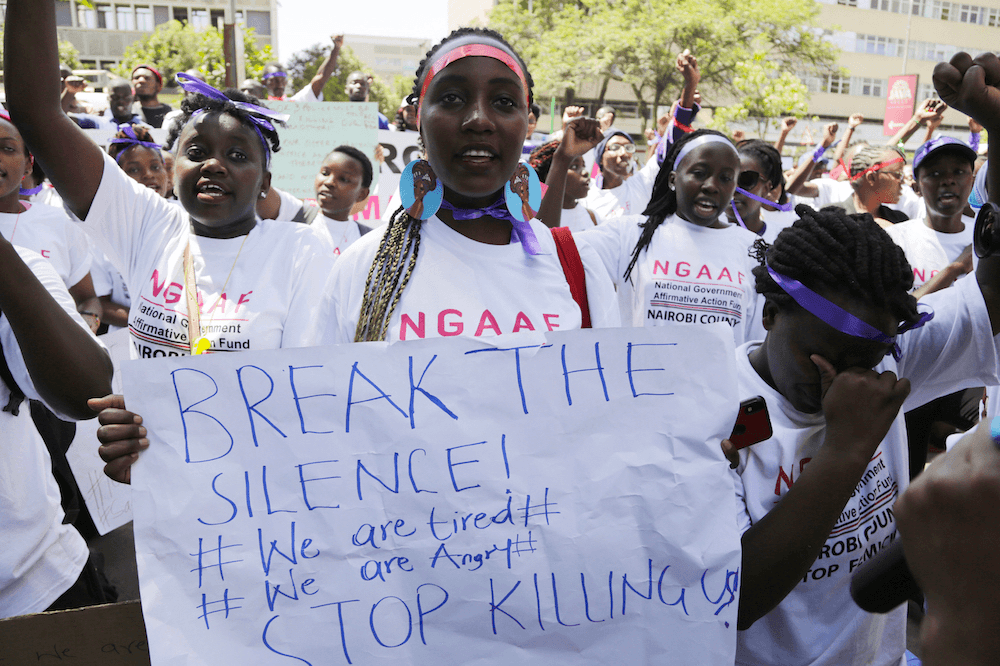
Share
By Lucy Njeri
Gender-based violence (GBV) is any act that results in or is likely to result in physical, sexual, or psychological harm based on the victim’s gender. Violence against women, particularly intimate partners and sexual violence, is a significant public health problem and a violation of human rights.
Estimates published by the World Health Organization indicates that globally, about one in three (30%) women have been subjected to either physical or sexual intimate partner violence or non-partner sexual violence in their lifetime.
Most of the violence is committed by intimate partners. Worldwide, almost one-third (27%) of women aged 15-49 years who have been in a relationship report that they have been subjected to some form of physical and sexual violence.
The current statistics as of December 2020, in the wake of the Covid-19 pandemic, by the National Crime Research Centre indicate that incidences of GBV increased by 92% between January and June compared to January and December 2019.
Another report by the Center for Rights Education and Awareness (CREAW) highlights an increase in the number of women and girls reporting different forms of violations. Before the pandemic, CREAW noted that they would receive 20 cases in a month.
However, following the onset of the pandemic and associated lockdowns, the organisation witnessed a spike in violence cases to 34. The organisation attributes the rise to the social and economic effects of Covid-19 on women and girls.
Notably, GBV causes severe short and long-term physical, mental, sexual, and reproductive health problems for women, resulting in homicide or suicide, increased substance use, and risky sexual behaviours. It is also associated with the perpetration of violence (for males) and being a victim of violence (for females).
Risk factors for the vice include; lower levels of education, witnessing family violence, antisocial personality disorder, harmful use of alcohol, having multiple partners or attitudes that condone violence, community norms that privilege or ascribe higher status to men and lower status to women, history of exposure to violence, difficulties in communicating between partners and male controlling behaviours towards their partners.
Worth noting is that gender inequality and norms on the acceptability of violence against women is also a root cause of violence against women.
According to Abraham Maslow, a scholar, lower psychological needs must be satisfied before individuals attend to needs higher (self-actualisation).
However, when progress is disrupted, by a failure to meet needs on the lower level, for example, belongingness which includes trust, acceptance, love, and affection, like GBV victims, they could look for it somewhere else and end up as victims again in an attempt to flee from the situation.
Image: Activists taking part in a GBV sensitisation march. Source: Pulse.ng
This story was produced by Bus Radio in partnership with Code for Africa, Kenya Community Media Network (KCOMNET) and the Catholic Media Council with support from the German Cooperation as a part of the Our County, Our Responsibility project.


